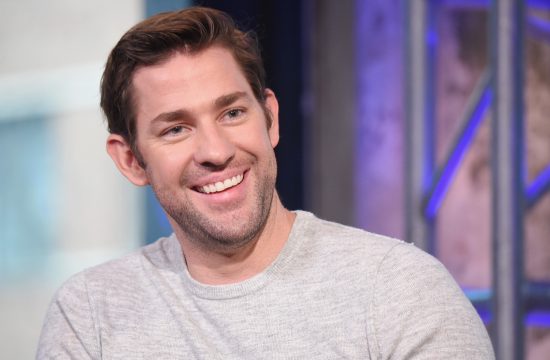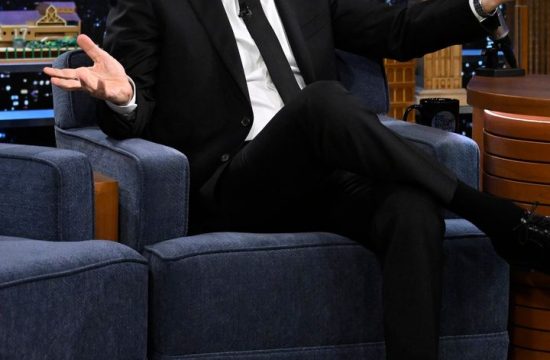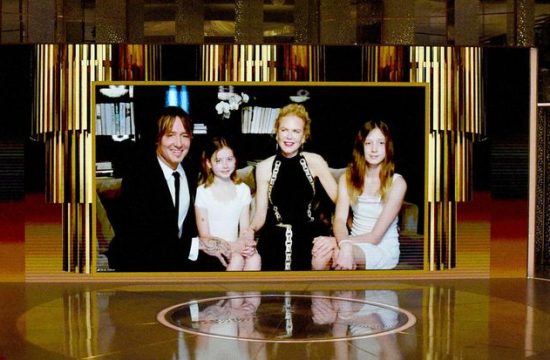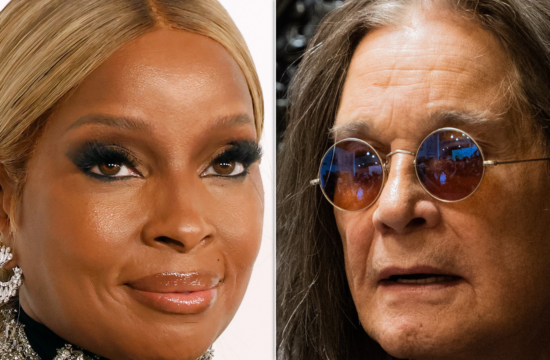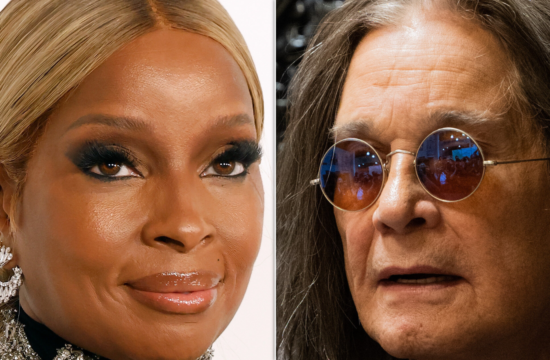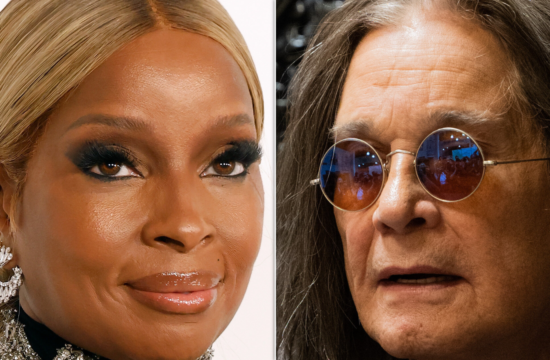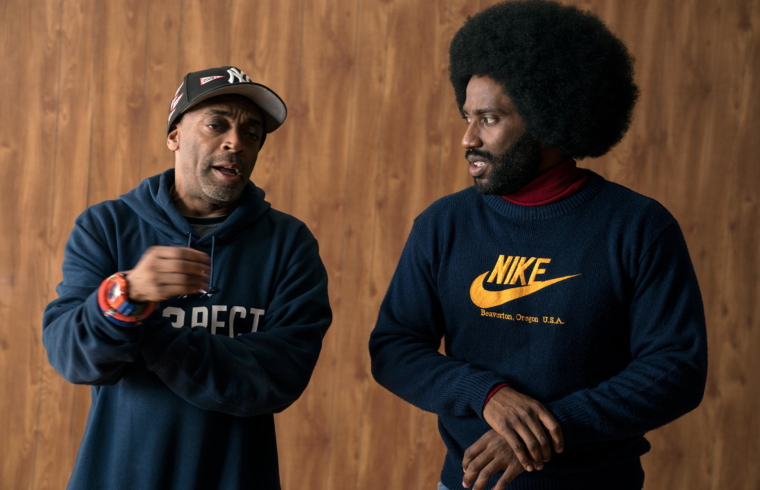
Spike Lee says Best Director nod for BlacKkKlansman wouldnt have happened without #OscarsSoWhite
On Feb. 24, winners will be crowned at the 91st Academy Awards. But before the red carpet is rolled out and envelopes are opened, Entertainment Weekly has inside intel on the 2019 nominees. Keep checking back at EW.com this week for spotlights on contenders in all the major categories.
Spike Lee
Director of: BlacKkKlansman
Age: 61
Oscar past: 2 Noms, 0 Wins
The one thing Spike Lee knew he didn’t want to do with BlacKkKlansman was make another black-cop-white-cop buddy movie. “It’s been done a million times — a million times,” says Lee, who has nabbed his first Oscar directing nomination in a career spanning three decades. “For me, it’s not interesting and it’s not complex.”
In telling the true story of how a black police officer infiltrated the local chapter of the Ku Klux Klan in Colorado Springs, Colo., Lee allowed his lead, John David Washington (who plays title character Ron Stallworth), and Adam Driver (who plays the white police officer working with Ron) to find their own chemistry as two people begrudgingly coming together to prevent a hate group from carrying out an act of violence. Though the story feels pertinent within the current political and racial landscape in America, Lee (who received an honorary lifetime achievement Oscar in 2016) didn’t want to influence what viewers take away from the film. Says the director, “I respect the audience’s intelligence too much, and they don’t need Spike to tell them how they should feel about it.”
EW caught up with Lee on Tuesday morning to discuss his first directing Oscar nomination and why BlacKkKlansman has resonated with awards voters.
ENTERTAINMENT WEEKLY: Good morning, Mr. Lee, and congratulations! How does it feel to finally be nominated for that directing Oscar?
SPIKE LEE: Well, in order to be considered for an Oscar you have to get nominations, and the stars have aligned on this film, BlacKkKlansman, and I’m very happy for my longtime fellow artists Barry Brown and longtime composer, Terence Blanchard — these individuals have worked with me on Malcolm X, Crooklyn, Summer of Sam, She Hate Me, Inside Man, Miracle at St. Anna and now BlacKkKlansman, and all of us are getting our first nominations on this film. [Note: Brown was also nominated in the Documentary Feature category in 1980.]
You received an honorary Oscar for your career achievements in 2016, but given but given your vast body of work, the fact that you had not received this nomination before seems crazy. Why do you think BlacKkKlansman was the one that resonated with voters finally?
Well, lets be honest. This would have not happened if there was not the hashtag #OscarsSoWhite. What that campaign did, it made the Academy understand that they had to diversify their membership. Look at Moonlight — the diversity of the voting members makes a difference, so if you want to go back to 1989, that membership was not feeling Do the Right thing [laughs], they weren’t feeling that. But, look, we’re here today, its not 1989, and the world knows where Do the Right Thing is in the place of American history, world history, cinema history, so that’s a given. We’re here today, and I’m so happy for everyone who got the blessing to be nominated for a very important film. And I think when historians, many years down the line, look for a piece of art that crystalized the crazy motherf—ing time we live in, they’re going to BlacKkKlansman at the top of the list, that is my belief. And I’d also like to say this film is on the right side of history, the right side of history.

BlacKkKlansman is one of a few films nominated at the Oscars this year that are exploring timely, urgent issues of the black community, such Black Panther and If Beale Street Could Talk, and are evolving from the slavery tales and historical biopics that edged into Oscar races in earlier years. What does this say about how the Academy has evolved, especially when it comes to black filmmakers and stories of the black community?
The Academy, the people who vote, are human beings, and so the diversity ad opening up of membership, that’s the reason why we’ve seen these films being recognized. If you don’t have diversity in the voting, it’s not going to be reflected in the nominations.
With the racial fractures in America right now, these films feel very timely.
I’ve made a promise to myself that I’m not speaking about any other films except BlacKkKlansman, and as I said before, the timing of this film — what we did was a very tricky thing, that is we made a contemporary period piece. We made a film that naturally connected the past to the present, and even without the Charlottesville coda at the end, it’s in the body of the film.
BlacKkKlansman has been part of the conversation since its premiere in Cannes last year. This is why I make films. That’s always been the attempt, to make art that also connects with people but that doesn’t tell them what to think, as I respect their intelligence, and long after the movie ends, people are still talking about it.
You also captured some powerful performances in BlacKkKlansman, especially from John David Washington and Adam Driver. Adam received a Best Supporting Actor nomination, but I have to say, I was disappointed that John David didn’t get a Best Actor nod.
I was pulling for my brother too, and I told him, “It’s all right, don’t even worry about it,” he ain’t going nowhere. Adam, that’s my guy, so is John David, and I’d like to give a shoutout to all the actors in front of the camera; the ensemble company that [casting director] Kim Coleman cast in this film is extraordinary. I called Adam, he was on the set of Star Wars in London and actually he’s shooting today, so Adam told me the [assistant director] called a break and made an announcement that he had just received his nomination.
So now that you’ve tackled this surreal true story, what are you mulling for your next project?
I don’t want to speak about what’s next because I want to stay connected to this moment and enjoy it, and it’s a community. All the people I work with in front and behind camera, there’s a community and there’s love and everybody is a part of these nominations. Everybody should celebrate today!
This interview has been edited and condensed.
Related content:


